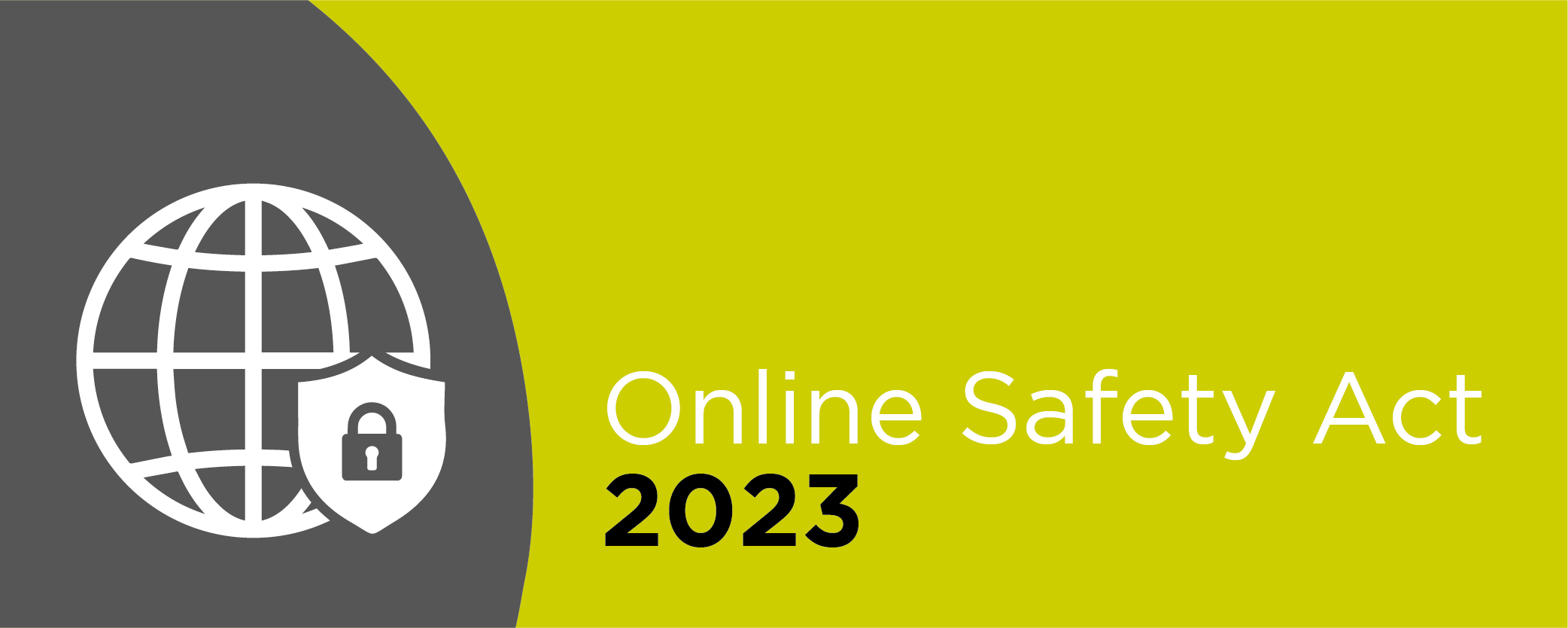- Basildon 01268244144
- Chelmsford 01245453800
- Colchester 01206217300
- London 020 4586 1280

As the online world changes and adapts, the laws governing online platforms need to change, too, specifically in relation to prohibitions when using the internet. On 31 January 2024, Part 10 of the Online Safety Act 2023 came into force, which introduces new offences as well as repealing existing offences.
Part 10 of the Act does three things:
Creates new offences concerning communications by way of sections 179-184.
Repeals existing offences under the Malicious Communications Acts 1988 and 2003 and Sections 33-35 of the Criminal Justice and Courts Act 2015 under section 189.
Inserts new offences into the Sexual Offences Act 2003 under sections 187 – 188.
Here, we look at the offences concerning communications by way of the offences created by sections 179-184 of the Act.
Sending false communications
Section 179 creates an offence of sending a false communication. A person will be guilty of this offence if, without reasonable excuse, they send a message conveying information that they know to be false, and at the time of sending it, they intend the message to cause non-trivial psychological or physical harm to a likely audience.
This is intended to replace the offences in section 1(a)(iii) of the Malicious Communications Act 1988 and section 127(2)(a) and (b) of the Communications Act 2003, which have now been repelled.
Proceedings for an offence of sending false communications may be brought within 6 months of sufficient evidence in the opinion of the prosecutor and no more than 3 years after the offence has been committed.
This offence is summary only and can therefore only be dealt with in the Magistrates Court and carries a maximum penalty of 26 weeks imprisonment or a financial penalty (or both).
Section 180 sets out a number of exemptions for the false communications offence and provides that the offence cannot be committed in connection with the showing of a film made for cinema to members of the public.
Sending threatening communications
Section 181 creates an offence of sending threatening communications, such as message conveying a threat of death, serious injury, rape, assault by penetration or serious financial loss, and intends that (or is reckless as to whether) someone encountering (to be interpreted as read, view, hear or otherwise experience) the message will fear the threat will be carried out. This offence also captures threats where the recipient fears that someone other than the sender of the message may carry out the threat.
This offence replaces the offence in section 1(1)(a)(ii) of the Malicious Communications Act 1988, which has now been repealed.
This offence is either way and can, therefore, be dealt with in either the Magistrates Court or the Crown Court. The maximum sentence on indictment is 5 years imprisonment or a financial penalty (or both).
Sending/showing flashing images electronically
Section 183 creates two specific offences of sending or showing flashing images electronically to people with epilepsy intending to cause them harm. Harm, for the purpose of this section, means ‘having the meaning of a seizure, or alarm or distress’. For this offence to be made out, it does not matter whether the images are viewed immediately or only after some action, such as pressing play, is performed.
The offence of sending a communication by electronic means, which consists of or includes flashing images, is made out where one of two conditions are met without a reasonable excuse.
The other offence of showing a flashing image by means of electronic communication is committed if a person shows an individual flashing images knowing or suspecting that the other person has epilepsy and intends the other person will suffer harm as a result.
Encouraging serious self-harm
The Act creates a further new offence of encouraging or assisting serious self-harm, whereby a person will commit an offence if they do a relevant act which is capable of encouraging or assisting in the serious self-harm of another person and their act was intended to encourage or assist the serious self-harm of another. In England, Wales, and Northern Ireland, ‘serious harm’ means harm that is on a level of grievous bodily harm.
Under this section, the person committing the offence need not know, or even be able to identify, the person who received the communication. An offence can also be committed whether or not serious harm occurs, and an ‘act’ can include an omission.
The Act not only creates new offences but also creates a new duty of care for online platforms, which requires them to take action against illegal or ‘harmful’ content from users. It also provides Ofcom, the regulator for online safety, with enforcement powers, which came into force on 10 January 2024.
For more information regarding the other offences that have been brought into force, you can search The Online Safety Act 2023 to read more. Our solicitors can advise you in relation to any aspect of the Online Safety Act 2023. If you are facing an investigation by the police or prosecution by the Crown Prosecution Service, please do not hesitate to contact us.



Comments